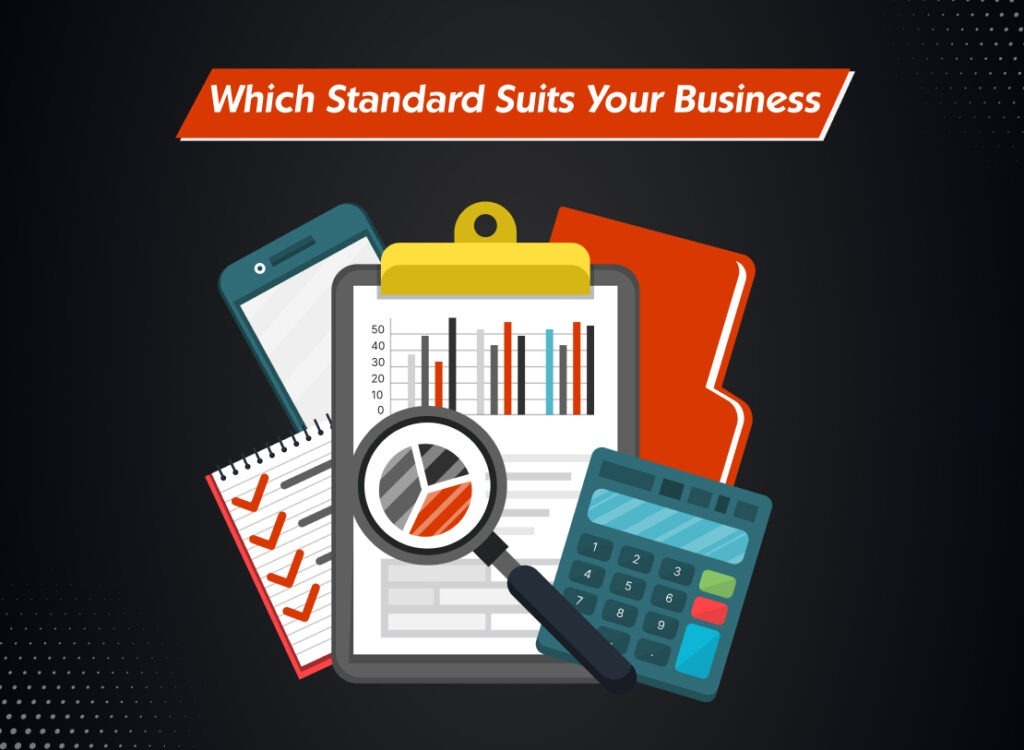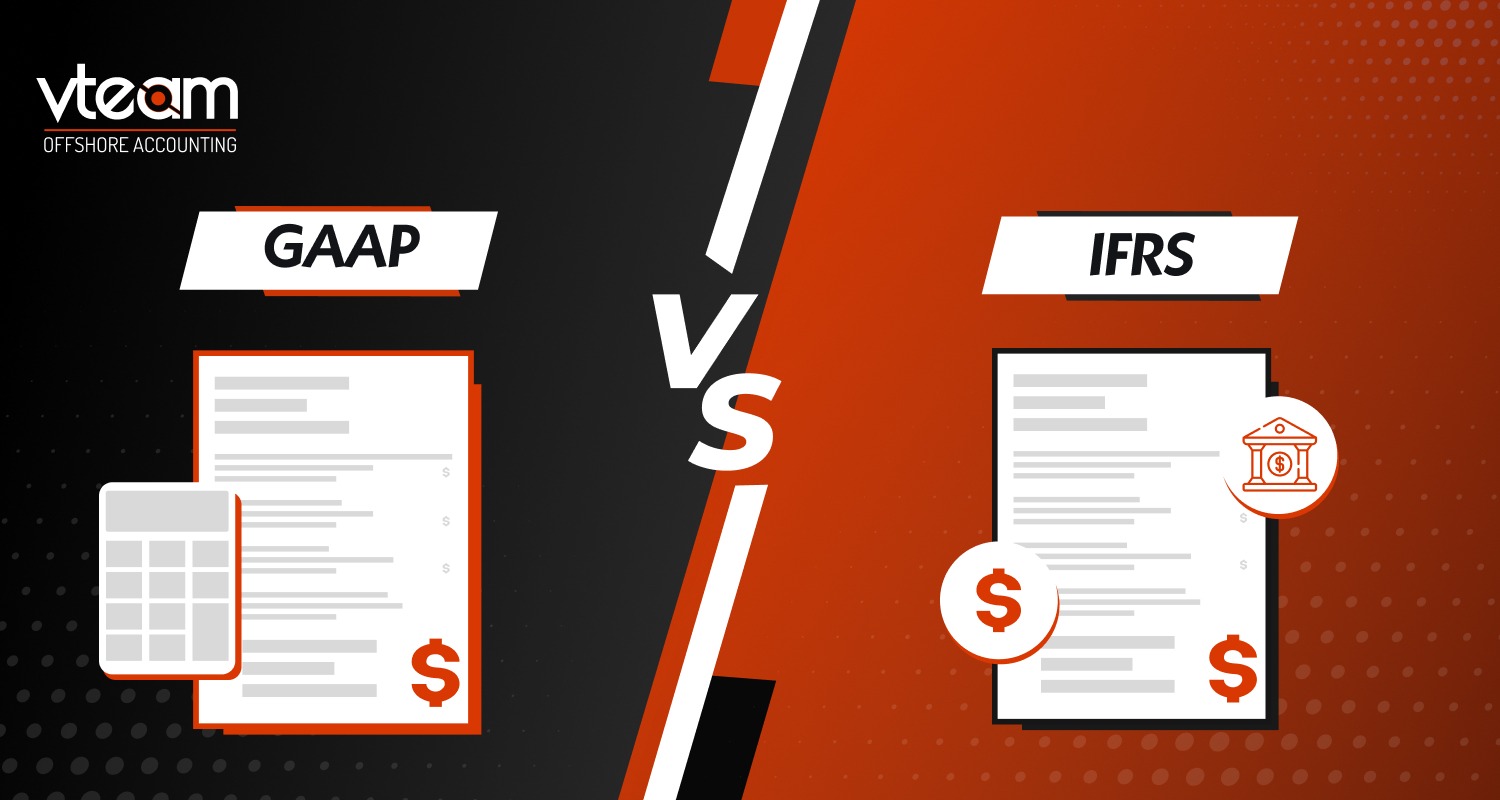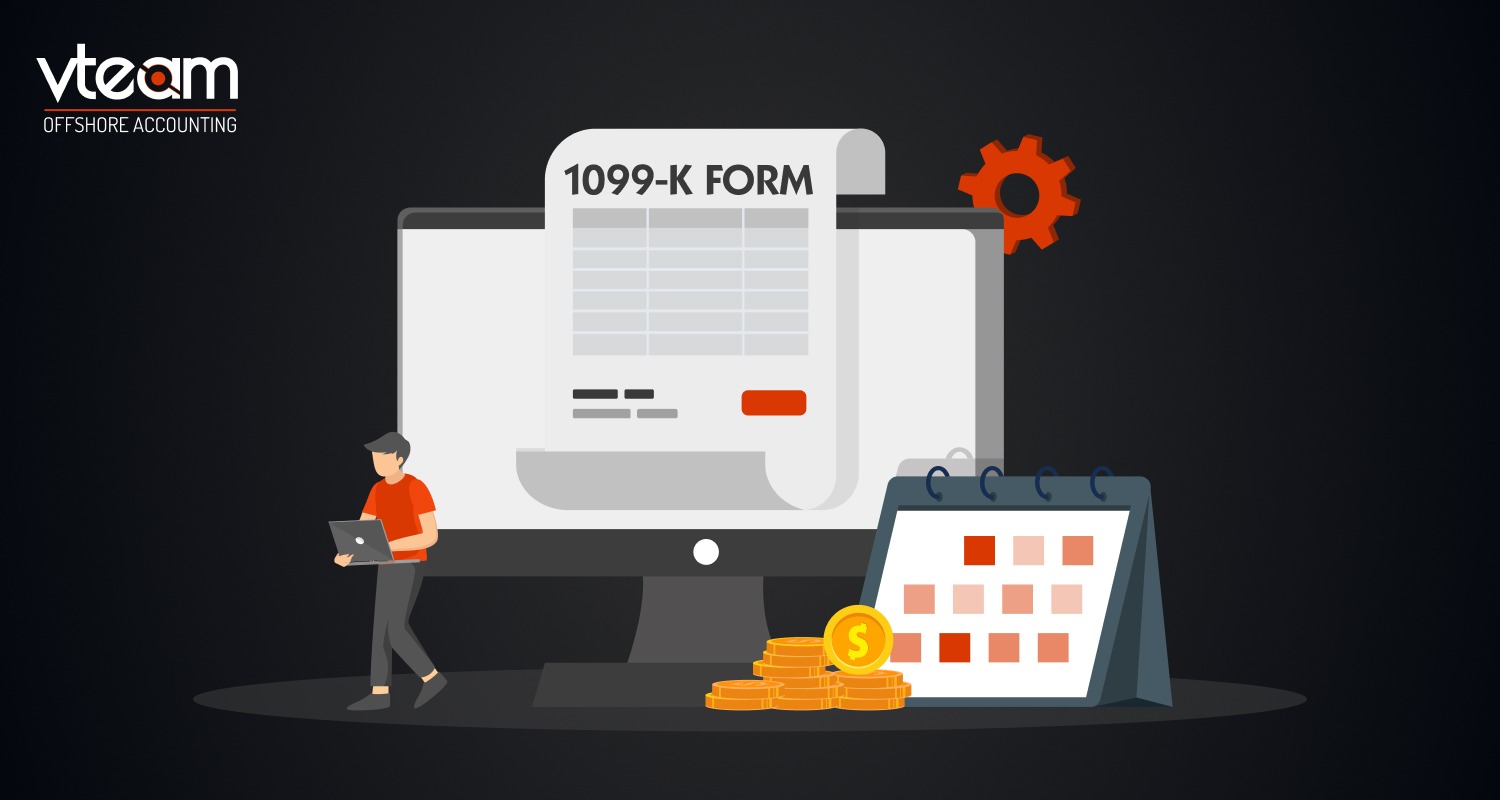Businesses often find themselves operating across borders, raising a crucial question: which accounting standards should they follow? Two key players dominate the stage – Generally Accepted Accounting Principles (GAAP) prevalent in the US, and International Financial Reporting Standards (IFRS), widely adopted globally. But navigating the differences can feel like entering a financial accounting maze. Worry not, intrepid business owners! This guide will demystify GAAP vs. IFRS, equipping you with the knowledge to make informed decisions for your global ventures.
Understanding the Foundations
GAAP, governed by the Financial Accounting Standards Board (FASB), reigns supreme in the US. It’s a rule-based system, dictating specific procedures for financial reporting, emphasizing historical cost and detailed disclosures. IFRS, overseen by the International Accounting Standards Board (IASB), takes a broader approach. It’s principles-based, focusing on the economic substance of transactions and offering more flexibility in interpretation.
Navigating the Key Differences
Now, let’s embark on our comparative journey, highlighting the critical areas where GAAP and IFRS diverge:
Methodology
- Rule vs. Principle: GAAP’s detailed rules can be cumbersome, while IFRS’s principles encourage professional judgment, requiring robust internal controls and strong accounting expertise.
Financial Statement Presentation
- Balance Sheet: GAAP classifies assets as current or non-current based on a one-year rule, while IFRS offers more flexibility based on liquidity and intended use.
- Income Statement: Revenue recognition timings differ, with GAAP generally favoring a more conservative approach compared to IFRS. Expense capitalization rules also vary, impacting reported profits.
Specific Accounting Treatments
- Inventory Valuation: GAAP allows various methods like FIFO and LIFO, while IFRS primarily prefers cost or lower of cost and net realizable value.
- Lease Accounting: IFRS requires most leases to be recognized on the balance sheet, impacting debt ratios and asset values differently than under GAAP.
- Research & Development Costs: GAAP requires immediate expensing of R&D, while IFRS allows capitalization under certain conditions, potentially boosting reported earnings.
Also Read : What Is GAAP In Accounting? What Are Its Standards And Guidelines?
The Crossroads: Choosing Your Path
Several factors influence the choice between GAAP and IFRS. Jurisdiction plays a crucial role, with companies listed in the US typically needing to comply with GAAP. Target audience matters too – if seeking global investors, IFRS might be advantageous for easier comparability.
IFRS Conversion: Embracing the Journey
Converting to IFRS can be a complex process, demanding careful planning, system upgrades, and training for finance teams. Accounting services play a vital role here, guiding companies through the conversion process, minimizing disruptions, and ensuring smooth compliance.
IFRS offers several benefits
- Global Comparability: Facilitates easier comparison of financial performance across international companies, attracting broader investor interest.
- Potential Cost Savings: Reduced need for dual reporting under GAAP and IFRS, streamlining accounting processes.
- Harmonization: Promotes a single set of accounting standards, benefiting international transactions and investment flows.
Which Standard Suits Your Business: GAAP vs. IFRS

Making the choice between GAAP and IFRS isn’t just about understanding the technical differences; it’s about finding the best fit for your unique business situation. Here’s a breakdown of how each might suit your specific needs:
For businesses primarily operating in the US
- GAAP: Familiar and readily available expertise, simplifies compliance with local regulations, caters to potential domestic investors accustomed to GAAP reporting.
For international businesses or those seeking global growth
- IFRS: Enhanced comparability with international players, broader potential investor pool, simplified reporting if operating in multiple jurisdictions, potential cost savings by eliminating dual reporting for GAAP and IFRS.
Consider your business stage and goals:
- Startups and smaller businesses: GAAP might be more manageable initially due to lower upfront costs and readily available expertise.
- Established businesses with international ambitions: IFRS can support global expansion, attract a wider investor base, and provide a more transparent view of your financial performance.
Think about your industry and target audience
- Industries with specialized GAAP rules: Sticking with GAAP might be easier for compliance and investor familiarity.
- Industries with international standards: IFRS might be the preferred standard for attracting investors and partners familiar with those standards.
Ultimately, the choice between GAAP and IFRS is a strategic decision. While IFRS offers global benefits, consider the costs and complexities of conversion. Consult with experienced accounting services to analyze your specific situation and guide you towards the optimal standard for your business.
Use the insights and keywords provided to explore further, research IFRS reporting standards, US GAAP and IFRS accounting, and connect with trusted accounting services to make an informed decision that puts your business on the path to global success.
By choosing the right standard and seeking professional guidance, you can transform the maze of GAAP and IFRS into a springboard for international growth and financial clarity.
How to hire the right GAAP or IFRS service provider
1. Expertise: Seek firms with dedicated teams experienced in your chosen standard and industry. Look for certifications like Chartered Global Management Accountants (CGMA) or IFRS specialists.
2. Track record: Check their experience with conversions, audits, and ongoing service for companies similar to yours. Ask for references and success stories.
3. Scalability: Ensure the firm can meet your evolving needs as your business grows. Can they handle both GAAP and IFRS if needed?
4. Technology and Tools: Ask about their software and technology to support smooth conversions and ongoing compliance.
5. Communication and Cost: Prioritize clear communication and a transparent fee structure. Ensure their process aligns with your expectations and budget.
Investing in quality accounting services can save you time, money, and headaches in the long run. Do your research, ask questions, and choose a partner who understands your needs and can guide you towards financial success under the right standard.
Conclusion
Deciding between GAAP and IFRS is a strategic choice, impacted by your business goals and global aspirations. Understanding the key differences, carefully considering the implications, and seeking professional guidance from accounting services are crucial steps in navigating this financial maze. Remember, choosing the right standard can pave the way for increased transparency, better financial reporting, and enhanced success in the global marketplace.
Conquer global markets with confidence. Choose vteam for expert IFRS services and seamless reporting transitions. Let’s unlock your international growth potential.




